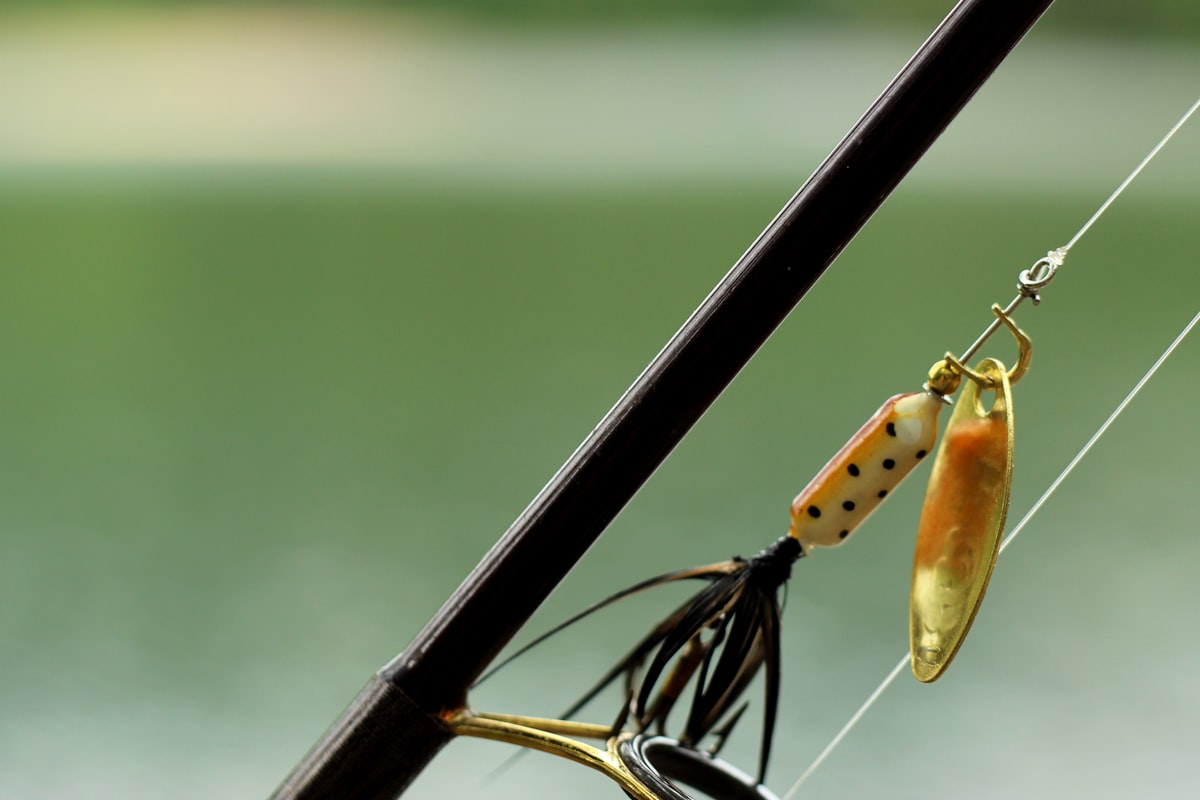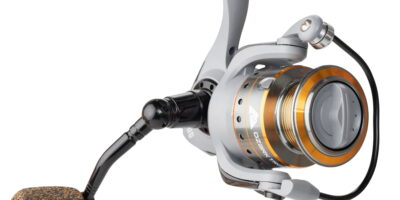When it comes to fishing, every angler is always looking for an edge – a way to make their bait more appealing, their technique more effective, and ultimately, their catch more plentiful. One such edge that often comes up in fishing discussions is the use of salt. But is salt really good for fishing? This article explores the role of salt in fishing, its benefits, and some considerations to keep in mind.
### The Role of Salt in Fishing
Salt has been used in fishing for centuries. It serves multiple purposes, both as a preservative and as an attractant. In the context of bait preparation, salt can help to toughen the bait, making it more durable and resistant to the nibbles of smaller fish, thus staying on the hook longer when cast into waters teeming with aggressive fish.
Moreover, salt is known to enhance the natural flavors of the bait, making it more enticing to fish. This is particularly true in saltwater environments where fish are accustomed to salty tastes. The theory here is simple: salt-enhanced bait mimics the natural diet of these fish more closely than unsalted alternatives.
### Advantages of Using Salt
1. **Increased Attractiveness**: Salt can trigger a feeding response in fish, making them more likely to strike the bait. This is due to the fact that fish use their sense of taste in water much like humans use their sense of smell in the air. A salty taste can signal to fish that there is food nearby, which can be particularly effective in clear water conditions where scent plays a significant role in how fish find food.
2. **Preservation of Bait**: For anglers who prefer to use natural baits such as shrimp, worms, or smaller fish, salt acts as a preservative, allowing the bait to maintain its integrity for longer periods. This is especially useful during long fishing trips or in warm weather conditions where bait can quickly spoil.
3. **Improved Texture**: By drawing moisture out of the bait, salt can toughen it up, making it less likely to fall off the hook. This can be particularly beneficial when dealing with soft-bodied baits like worms, which might otherwise break apart easily when cast or when fish strike.
### Considerations and Drawbacks
While there are clear benefits to using salt in fishing, there are also some considerations to keep in mind:
1. **Environmental Impact**: In freshwater environments, excessive use of salt can have detrimental effects on water quality and non-target species. It’s important to use salt responsibly and in moderation to avoid ecological imbalances.
2. **Cost and Practicality**: Preparing and preserving bait with salt can require additional time and resources. For casual anglers, this might not be worth the extra effort or cost, especially if they are fishing in areas where bait quality is not a limiting factor for success.
3. **Type of Fishing**: The effectiveness of salt can vary depending on the type of fishing. For example, in fly fishing, where the bait often consists of artificial flies, salt application is generally irrelevant. Similarly, in areas with muddy or heavily vegetated waters, the scent of salt may not disperse well, making it less effective.
### Conclusion
In conclusion, salt can be a good addition to your fishing arsenal, particularly if you are fishing in saltwater environments or using natural baits that benefit from toughening and flavor enhancement. However, the use of salt should be tailored to the specific circumstances of your fishing scenario and conducted with a mind towards environmental responsibility. As with any fishing technique, the key to success lies in understanding the habits and preferences of the target fish species, and adapting your strategies accordingly. Whether salt will enhance your fishing experience depends on a variety of factors, but when used wisely, it can certainly help tilt the odds in your favor.






Leave a Reply